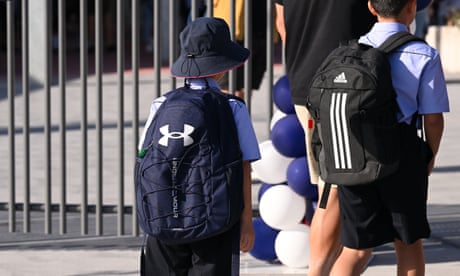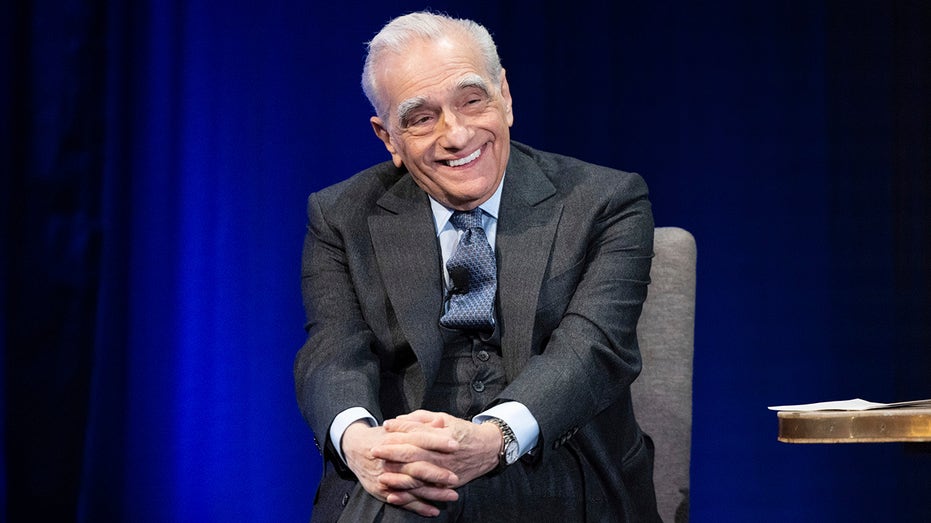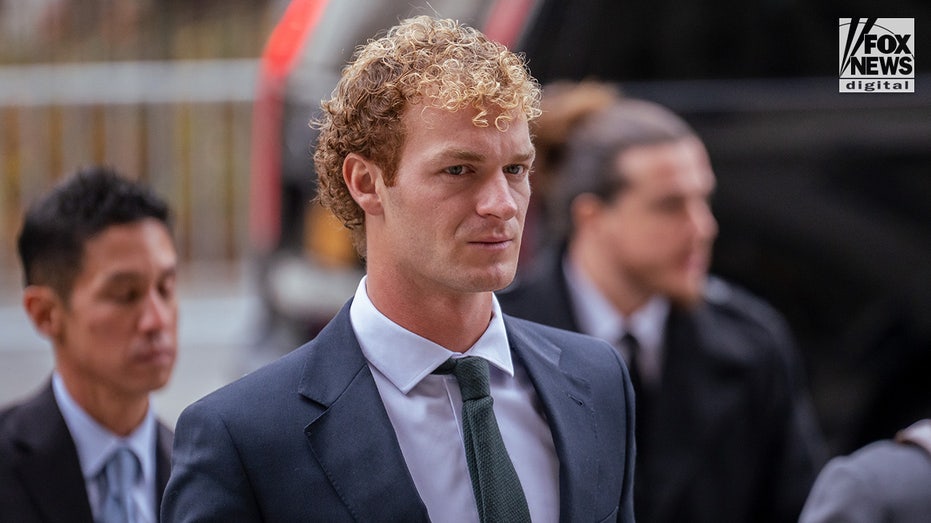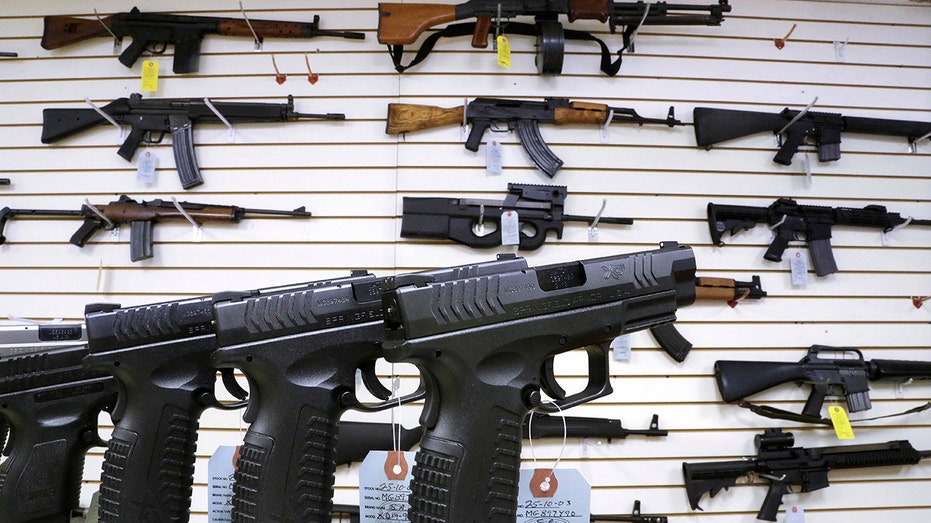- by foxnews
- 16 Nov 2024
Parents turn to buy now, pay later schemes to meet soaring school costs
Parents turn to buy now, pay later schemes to meet soaring school costs
- by theguardian
- 05 Feb 2023
- in news

Parents struggling to afford ballooning school costs are increasingly turning to buy now, pay later providers, and advocates say there needs to be more support from schools to avoid families falling into debt.
The amount of parents seeking loans for school costs such as uniforms, books, stationery and computers grew by more than 130% from 2018 to 2022, with the average loan being $1,150, NAB said last week.
One of these parents is Laura Ireland, whose child attends a school in Victoria. She said she spent last week figuring out how she was going to afford to buy her daughter a $700 laptop and ended up resorting to Afterpay.
Jenny Davidson, the chief executive of the Council of Single Mothers and their Children, which supports those in its network struggling with back-to-school costs, said this was an issue the organisation often heard about.
Davidson said that parents did not always feel comfortable asking for assistance and sometimes opt to take on debt as the easier path forward.
But part of the problem, Giblin said, was that financial hardship support had not kept pace with the rising costs of sending a child to school.
According to a report by Futurity Investment Group, the cost of putting a child through a government school could reach $87,528 up to year 12. The cost was highest in Melbourne, where it could reach $102,807.
Last week NAB reported an increasing number of Australians were expected to seek its no interest loans, offered in partnership with the charity Good Shepherd, as a result of the rising cost of living.
This cost burden has also extended to school fees for some which are voluntary at government schools.
One mother told Guardian Australia she felt pressured last year by her school to pay fees for her two children. She used her credit card and said she was still paying it off.
According to a recent Consumer Policy Research Centre survey of Victorians, parents with buy now, pay later debt reported missing payments or asking for payment assistance at double the rate of those without children.
She also added that the state had programs to make sending children to school cheaper, particularly in recognition of rising cost-of-living pressures. This included discounted uniforms or glasses, subsidised school excursions, tutors in classrooms, and free breakfasts.
- by foxnews
- descember 09, 2016
Angler lands massive fish in Minnesota, reveals favorite US spots where you can reel in monsters
A world record-holding fisherman from Kentucky has a new record pending after catching a muskie in Minnesota. He is sharing top locations across the U.S. where he finds monster fish.
read more


